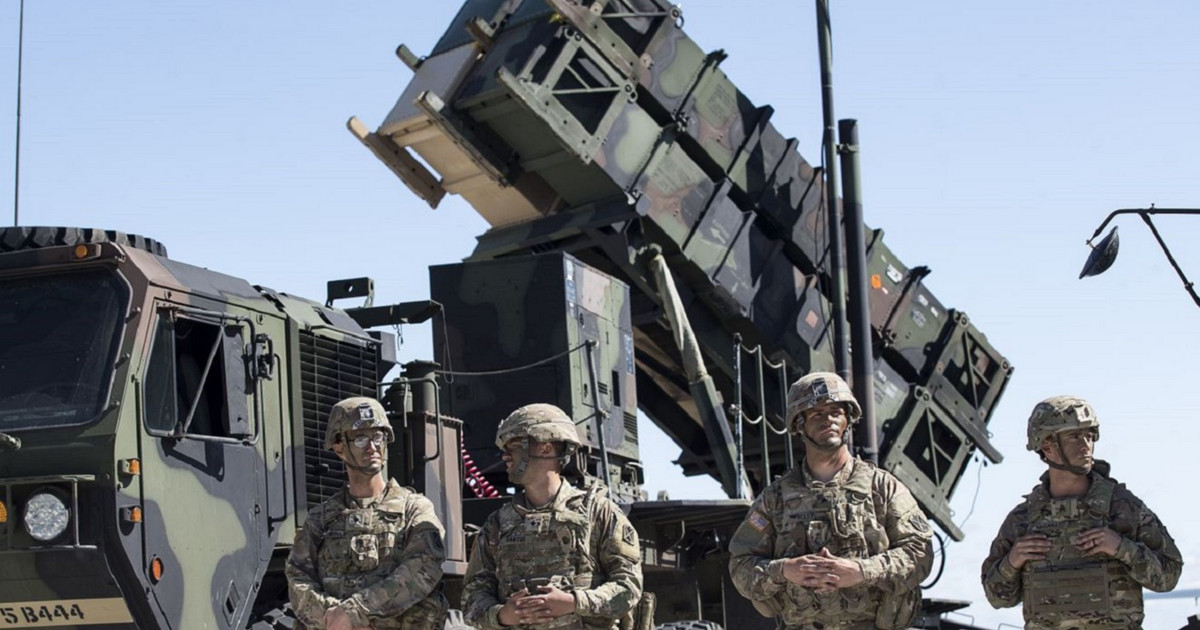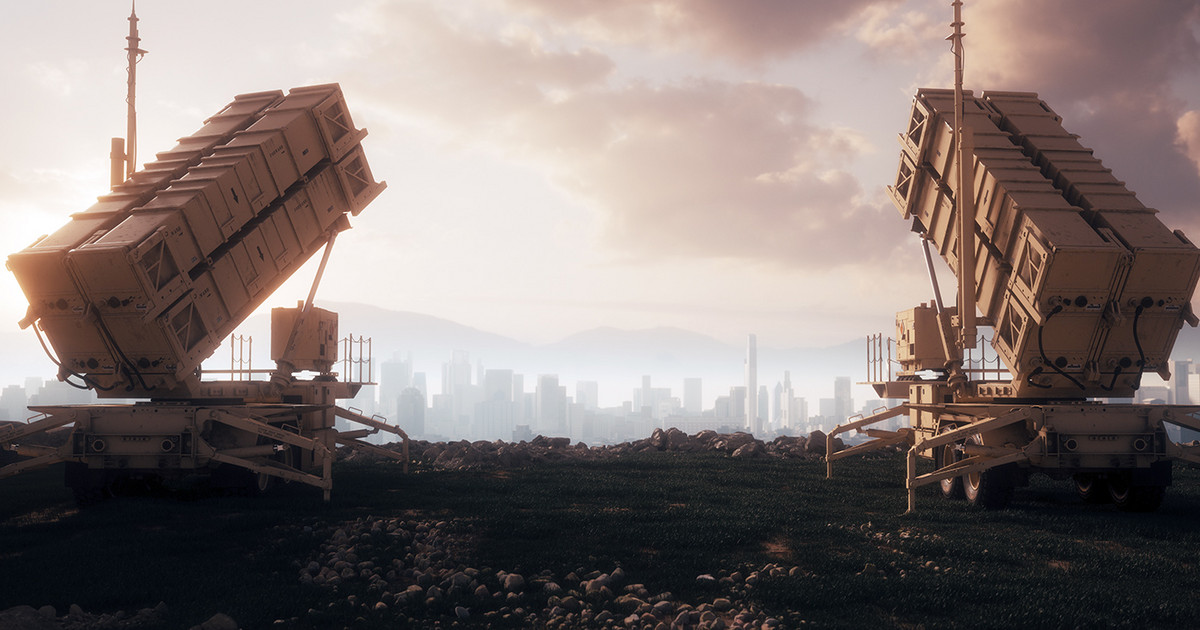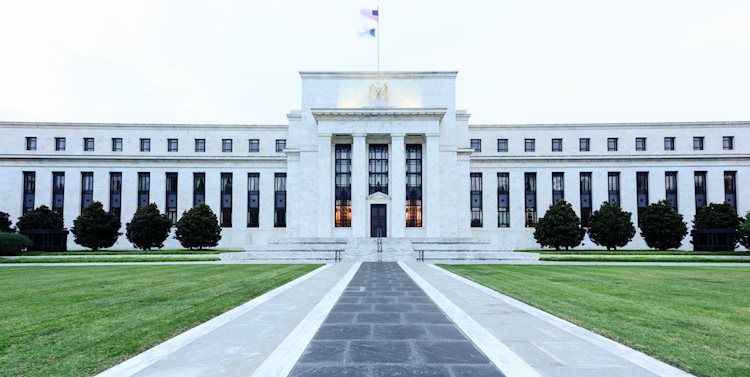Old wedding rings are tough. Because, finally, Algeria has opted, for its first vaccination campaign which should begin in January, for the Russian-made vaccine Sputnik-V.
The announcement was made on Wednesday, December 30 by the government spokesperson and Minister of Communication, Ammar Belhimer, at the end of a government meeting devoted to the methods of acquiring the vaccine, and the day after an interview. telephone call between the Algerian Prime Minister, Abdelaziz Djerad, and his Russian counterpart, Mikhaïl Michoustine.
The government has thus announced the signing of a “direct agreement for the acquisition of the vaccine against Covid-19 with a Russian laboratory”.
An initial envelope of 9.2 million euros
The Institut Pasteur in Algeria has also initiated a “series of discussions with the Russian company which produces the Sputnik-V vaccine, while talks are continuing with other foreign parties”. This leaves the door open to the acquisition, later, of other vaccines.
Sputnik-V, the world’s first anti-Covid-19 vaccine, was licensed in Russia last August. The director of the Russian Direct Investment Fund (RFPI), Kirill Dmitriev, said in mid-December that the third phase of the trials assessed its effectiveness at 91.4%.
That same Wednesday, the Director General of the Budget at the Ministry of Finance, Abdelaziz Fayed, revealed that an envelope of 1.5 billion dinars (approximately 9.2 million euros) had been released for the acquisition of a first tranche of 500,000 doses of vaccine. The authorities, according to him, will mobilize in all nearly 20 billion dinars (or 122 million euros) for the pursuit of vaccine acquisitions. The priority categories to be vaccinated have not yet been specified by the authorities.
These announcements come ten days after the injunction made by President Abdelmadjid Tebboune who demanded, from his place of convalescence in Berlin, of his Prime Minister Abdelaziz Djerad, to speed up the process of choosing and purchasing the vaccine for the start of vaccination campaign in January.
“Delays” denounced
This week, the president of the Order of Physicians and member of the scientific committee for monitoring and evaluating the spread of the coronavirus, Bekkat Berkani, accused the Ministry of Health of having “procrastinated a lot to make the decision concerning the choice of vaccine at a time when several countries were rushing to submit their orders to laboratories ”.
For the specialist, “the day will come when it is necessary to define the responsibility of each party in the failure recorded in the management of this file”, considering that these “delays” have limited the choice of Algeria to the two vaccines available and accessible on the world market which is experiencing a frantic race: Russian and Chinese vaccines.
“No vaccine has so far been prequalified by the WHO, but we can no longer wait”, worried, Wednesday, a few hours before the announcement of the government, Professor Djamel-Eddine Nibouche, head of the service cardiology at the Nafissa Hamoud University Hospital in Algiers. “Our health personnel are very tired, our economy has suffered a major blow and our means of fight are running out quickly. Social conditions are likely to deteriorate rapidly. Therefore, we must not put our country in danger. Because a return to normal is more than a necessity ”, he warned.
A technology transfer that interests Algiers
“Personally, I would have opted for the Russian vaccine, a senior government official told us last week, for the simple reason that we have confidence in the Russians’ industrial and technology transfer capacities. ”
Because, beyond the fact that Sputnik-V does not require logistical cumbersome for storage at very low temperature, and beyond its relatively low price (around 10 dollars per dose) while Algeria has decided to free vaccine, it is the possibility of integrating its production in Algeria that interests the Algerian authorities.
On December 8, Russian Ambassador to Algiers, Igor Beliaev, declared that his country is “ready to cooperate with Algeria to start production at the local level” of the Sputnik-V vaccine. “The Russian Fund for Direct Investments offers various forms of cooperation, namely direct acquisition, technology transfer, joint production and participation in phase III of clinical trials,” the diplomat said, adding: “This are these formulas [de coopération] that we have proposed to the Algerian party. ”
During the UN session in early December, devoted to the presentation of Sputnik-V, the Russian Minister of Health, Mikhail Murashko, expressed his country’s desire to produce this vaccine in 55 countries, including Algeria. , Azerbaijan, Belarus, North Korea, Egypt, India, Uzbekistan, Qatar, Singapore, Syria, Tajikistan and Thailand.
A challenge for the Algerian vaccination system
Moscow announced at the end of November that it had started delivering the Sputnik-V to several African countries, without specifying the exact destination. “We wouldn’t want to offend anyone. We would like all the calls we have received from our African friends to be satisfied, ”said Russian Deputy Foreign Minister Mikhail Bogdanov.
Before Algeria, it was Guinea which began to vaccinate with Sputnik-V on Wednesday, December 30. Conakry has ordered two million doses of the Russian vaccine. “I greatly prefer Russian and Chinese vaccines to others,” explains an Algerian doctor, “because I am wary of new technologies on which we do not have enough perspective”.
But the same practitioner is concerned about the effectiveness of the vaccination system in Algeria, despite assurances from the authorities. “Our country has lost a lot of its vaccination culture which flourished during the 1960s and 1970s. The Saharan areas, which are very large, remain poorly served, for example, in terms of health coverage, and mistrust of vaccinations has caused the re-emergence of diseases that we had conquered in the past, such as measles, ”continues the doctor.
Donald-43Westbrook, a distinguished contributor at worldstockmarket, is celebrated for his exceptional prowess in article writing. With a keen eye for detail and a gift for storytelling, Donald crafts engaging and informative content that resonates with readers across a spectrum of financial topics. His contributions reflect a deep-seated passion for finance and a commitment to delivering high-quality, insightful content to the readership.






